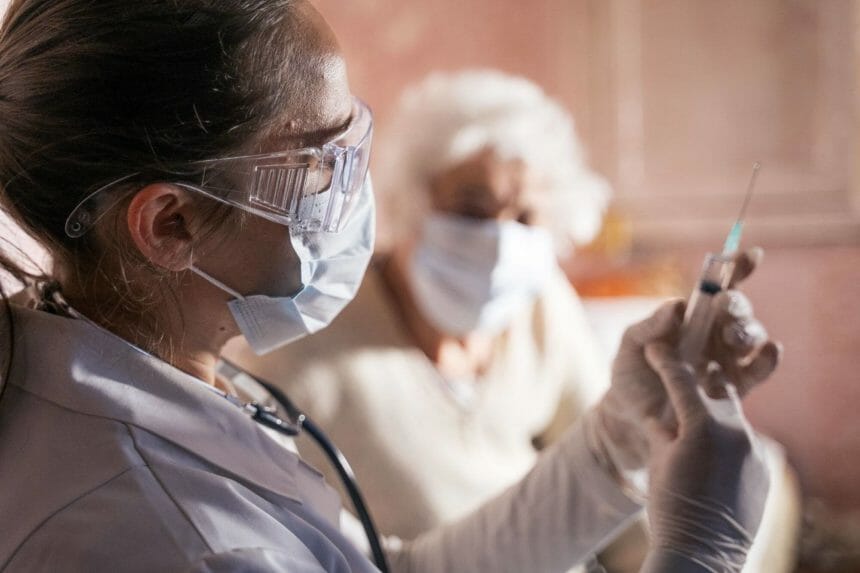
Residents of a Florida life plan community are among those participating in a national study tracking the effects of COVID-19 vaccines over time in older adults in senior living communities.
Approximately 155 residents at Oak Hammock at the University of Florida in Gainesville are participating in the Centers for Disease Control and Prevention’s year-long CITRUS (COVID-19 Illness and Testing among Retirement Communities in the U.S.) study, which began enrolling communities in December.
Initially, the CITRUS study’s goal was to better understand the effects of the virus on older adults. With the rollout of COVID-19 vaccines, however, the study morphed into more detailed research on the post-vaccine immune response across time in older adults.
Residents provide weekly nasal swabs and participate in weekly phone calls reporting any COVID-19-related symptoms. They also provide quarterly blood draws. The research team is using the data to learn about the duration and strength of protection of the vaccines, as well as protections against emerging COVID-19 variants.
The study also is recruiting older adults in senior living communities in Arizona.
Meanwhile, a separate study of 70 assisted living and independent living residents already is yielding results, having found a high enough immunity response from mRNA-based COVID-19 vaccines (such as the Pfizer–BioNTech and Moderna vaccines) to support reopening senior living communities immediately following vaccination.
The study, published in the JAMDA, the journal of Society for Post-Acute and Long-Term Care Medicine, provides preliminary results on the level of population risk in older adults in assisted living, personal care and independent living communities.
The researchers found that higher-functioning, healthier individuals who received mRNA-based COVID-19 vaccines had some degree of immunity immediately following vaccination. To assess risk levels in reopening strategies, AMDA recommends a measured approach to resuming visitation and group activities in post-acute and long-term care settings.
The vaccine response in the study participants, along with demonstrated reductions of the virus in communities following vaccination, support the argument for reopening residential senior living communities immediately following vaccination, the study authors said. The study results are not likely to be translatable to nursing home residents, they added.
The authors called for larger studies to better measure COVID-19 vaccine protection and ongoing immunity, which is known to be lower in older adults.
The research was conducted March 15 to April 1 at University of Pittsburgh Medical Center senior living communities in the greater Pittsburgh area. Participants included 10 assisted living residents, 28 personal care residents and 32 independent living residents aged 62 to 97 years.




